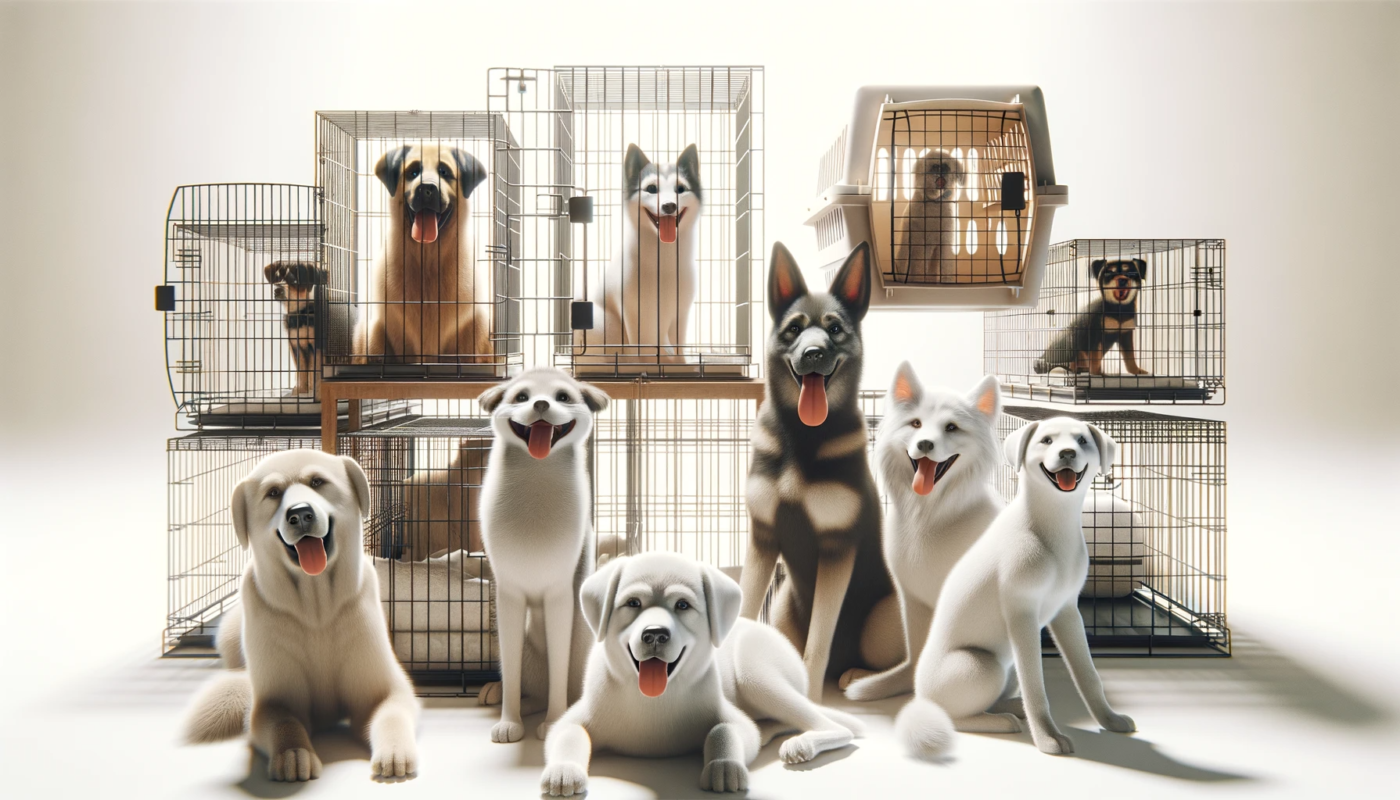
Effective Puppy Training Tips
Congratulations on bringing home a new furry addition to your family! As you embark on this exciting journey of puppy ownership, it’s important to equip yourself with effective puppy training tips to ensure a smooth transition and a well-behaved companion. Whether you’re a first-time dog owner or have had previous experience, these valuable insights will guide you in training your adorable pup to be obedient, disciplined, and become an integral part of your household. From basic commands to housebreaking techniques, get ready to discover the secrets to successful puppy training!

This image is property of images.unsplash.com.
Find products like these on Amazon!
Choosing the Right Training Method
When it comes to training your puppy, there are several methods you can choose from. One of the most effective and popular techniques is positive reinforcement. This method involves rewarding your puppy for good behavior, rather than punishing them for unwanted actions. It focuses on reinforcing desirable behaviors and ignoring or redirecting unwanted ones.
Another training method that has gained popularity is clicker training. This technique involves using a clicker, a small handheld device that makes a distinct sound when pressed, to mark desired behaviors. The click is then followed by a reward, usually a treat. Clicker training helps create a clear and consistent communication channel between you and your puppy.
Reward-based training is another excellent approach to consider. This method involves using rewards such as treats, praise, and physical affection to reinforce desired behaviors. By rewarding your puppy when they do something right, you are encouraging them to repeat that behavior in the future.
Establishing a Routine
Puppies thrive on routines, as it gives them a sense of stability and predictability. Setting a schedule for feeding, walks, playtime, and training is crucial for their development. By having a consistent routine, you can help your puppy understand what is expected of them and when.
Designating specific areas for different activities is also essential. Establishing a designated spot for your puppy’s bed, eating area, and potty area will provide them with a clear understanding of where they should be at certain times. Consistency is key when it comes to training your puppy, so make sure to stick to the established routine.
Find products like these on Amazon!
Socializing Your Puppy
Socializing your puppy is an important part of their development. Exposing them to different environments, such as parks, city streets, and even indoor spaces, helps them become more comfortable and confident in various settings. Taking your puppy on regular outings will also help them learn how to behave appropriately in different situations.
Introducing your puppy to various people and animals is crucial for their social development. By exposing them to different individuals and pets, you are teaching them to be comfortable and friendly around others. Remember to always prioritize safety and supervise all interactions.
Positive reinforcement plays a significant role in socializing your puppy. Whenever they exhibit good social behavior, reward them with treats, praise, or playtime. By associating positive experiences with social interactions, your puppy will learn to enjoy and seek out these experiences.
Basic Commands and Obedience Training
Teaching your puppy basic commands and obedience training is essential for their safety and well-being. Start with simple commands like “sit,” “stay,” and “down.” Use positive reinforcement, such as treats and praise, to reward your puppy when they correctly execute the commands. Consistency and repetition are key to successful training.
Recall training, also known as teaching your puppy to come when called, is a vital command that ensures their safety. Start in a quiet, distraction-free environment and gradually increase the level of distractions. Always reward your puppy when they respond to the recall command promptly and enthusiastically.
Leash training is another crucial aspect of obedience training. Start by introducing your puppy to the leash and collar in a positive and gentle manner. Gradually increase the length of walks and expose them to different environments. Remember to reward your puppy for walking politely on a leash and following your cues.

This image is property of images.unsplash.com.
Potty Training
Potty training can sometimes be a challenging aspect of owning a puppy, but with the right approach, it can be successfully accomplished. Establishing a designated potty area in your home or yard will help your puppy understand where they should eliminate. Take them to this area consistently and praise them when they use it appropriately.
Frequent bathroom breaks are important, especially during the initial stages of potty training. Take your puppy outside every few hours, after meals, and after waking up from naps. This will give them ample opportunities to relieve themselves in the appropriate spot.
Rewarding your puppy for eliminating in the designated potty area is crucial. Use treats, praise, and enthusiastic encouragement to reinforce the good behavior. Positive reinforcement will help your puppy understand that they are doing the right thing and encourage them to continue using the designated area.
Addressing Unwanted Behaviors
During the training process, it is common for puppies to exhibit unwanted behaviors such as chewing and biting, jumping up, or excessive barking. These behaviors can be addressed through consistent training and redirection.
To address chewing and biting, provide your puppy with appropriate chew toys and redirect their attention whenever they start biting on unacceptable objects. Use positive reinforcement to reward them for chewing on the appropriate toys and discourage chewing on furniture or other valuables.
When it comes to jumping up, teach your puppy an alternative behavior such as sitting or offering a toy instead. Consistently reinforce the desired behavior, and over time, your puppy will learn that jumping up is not acceptable.
Excessive barking can be managed by identifying the triggers that cause your puppy to bark excessively. Once you have identified the triggers, you can work on desensitizing your puppy to those stimuli and redirect their attention to more appropriate behaviors. Consistency and positive reinforcement are crucial in addressing excessive barking.

This image is property of images.unsplash.com.
Crate Training
Crate training is a helpful tool for both potty training and managing your puppy’s behavior. Choosing the right crate that is appropriately sized and comfortable for your puppy is essential. Make sure the crate is large enough for your puppy to stand, turn around, and lie down comfortably.
Introduce the crate to your puppy gradually and positively. Start by placing treats and toys inside the crate to encourage them to explore it voluntarily. Avoid forcing them into the crate or using it as a form of punishment.
Using the crate for positive experiences is key to successful crate training. Feed your puppy their meals inside the crate, provide them with chew toys or puzzle toys to keep them entertained, and offer praise and rewards when they willingly spend time in the crate. Over time, your puppy will see the crate as a safe and comfortable space.
Handling Fear and Anxiety
Some puppies may experience fear and anxiety during the training process. It is important to identify the triggers that cause these emotions and work on desensitization techniques to help your puppy overcome their fears.
Identifying triggers involves observing your puppy’s behavior and determining what situations or stimuli make them uncomfortable or fearful. Once you have identified the triggers, you can gradually expose your puppy to them in a controlled and positive manner, helping them build confidence and overcome their fears.
If your puppy’s fear and anxiety persist or become severe, it is important to seek professional help from a qualified dog trainer or behaviorist. They can provide you with additional guidance and support, tailored to your puppy’s specific needs.

This image is property of images.unsplash.com.
Exercise and Mental Stimulation
Regular exercise is essential for keeping your puppy healthy and happy. It helps burn off excess energy and prevents behavioral problems caused by boredom. Take your puppy for daily walks, provide them with opportunities to play and run, and engage in interactive games to keep their minds stimulated.
Interactive toys and games can provide mental stimulation for your puppy. Puzzle toys that require problem-solving or treat-dispensing toys can keep your puppy engaged and entertained. Rotate the toys regularly to keep them interesting.
Training sessions can also serve as mental stimulation for your puppy. Incorporate training exercises that challenge their problem-solving skills and promote mental agility. This will not only strengthen your bond but also provide an outlet for their intelligence and energy.
Patience and Consistency
Training a puppy takes time, patience, and consistency. It is important to understand that puppies learn at their own pace and might have setbacks along the way. Stay calm and positive during the training process, and avoid becoming frustrated or impatient.
Consistency is key when it comes to training your puppy. Stick to the established routines and training methods, and reinforce the training on a daily basis. Consistency helps your puppy understand what is expected of them and allows them to develop good habits.
Avoid giving conflicting commands or allowing unwanted behaviors sometimes and not other times. This can confuse your puppy and make the training process more challenging. Consistency in your expectations and responses will help your puppy learn and thrive.
In conclusion, training a puppy is an important and rewarding process. By choosing the right training method, establishing a routine, socializing your puppy, teaching basic commands, addressing unwanted behaviors, utilizing crate training, handling fear and anxiety, providing exercise and mental stimulation, and practicing patience and consistency, you can set your puppy up for a lifetime of success and happiness. Enjoy the journey of training your puppy and embrace the bond that forms between you and your furry friend.
Find products like these on Amazon!







-
-
2 days
Tagged Aggression training, Techniques, tips